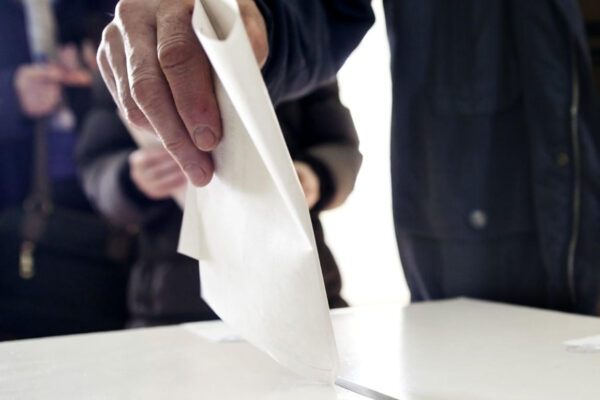The House Elections Committee is hearing more than twelve different voter suppression bills on Thursday, April 8. These bills build on Senate Bill 7 and House Bill 6 to make voting harder and scarier in Texas. Whether through big bills like HB 6 and SB 7 or many smaller ones, suppressing the right to vote is never acceptable.
Here’s a quick rundown of some of the bills’ worst elements that will be discussed on Thursday:
- The bills continue to criminalize every aspect of the elections process. We rely on members of our communities to run smooth elections as election officials, poll workers and voter assistants. These bills add and expand criminal penalties for making honest mistakes.
- HB 3297 threatens individuals who make innocent mistakes on registration applications with second degree felonies (the same felony class as manslaughter and aggravated assault).
- HB 2546 threatens elections administrators with state jail felonies for violating unclear and undefined standards (the same felony class as criminally negligent homicide).
- HB 3080 criminalizes civic organizations and even spouses and children for encouraging eligible individuals to vote by mail, threatening them with class A misdemeanor charges for providing an application for an absentee ballot to someone who didn’t specifically request it (the same class of misdemeanor as assault).
- HB 4331 criminalizes normal campaign activity, including potentially door-to-door campaigns or text banking, opening up campaign workers to being charged with third degree felonies (the same class as kidnapping).
- The bills constitute a full scale assault on senior citizens and people with disabilities who vote by mail. Texas law is clear: Seniors and people with disabilities are allowed to vote by mail and their votes must be counted. These bills impose a poll tax on mail voters by requiring them to pay for additional means of identification just to cast a ballot. And the bills would make it possible to easily throw out mail ballots by comparing older voters’ signatures to those from decades before.
- The bills force anyone voting by mail to submit a thumb print (HB 3080) and photocopy of their ID when they apply to vote (HB 2478). This means that voters must bear the expense and burden of traveling to get photocopies and fingerprinting services.
- HB 3281 creates an early deadline for mail voters by requiring them to deliver their ballots four days before Election Day. This holds seniors and people with disabilities who vote by mail to a different standard than all other voters.
- HB 2321 requires election administrators to verify mail voters’ signatures against all voters’ signatures on file in the Department of Public Safety and the county election administrator. This means that a 75-year-old could have her mail ballot signature compared to her signature from 40 years ago. Signatures change over time. If they don’t match perfectly, her ballot could be thrown out and she would have no recourse to appeal.
- The bills remove local governments’ authority to register voters and promote illegal efforts to purge voters from the rolls. Across Texas’ 254 counties, local officials who live in the community are responsible for administering elections and registering voters. These bills would fundamentally alter the way elections are administered, taking away long-standing authority from local government and giving it to the secretary of state. In 2019, the secretary of state was forced to resign after attempting to purge 90,000 Texas voters from the voter rolls. These bills would make such efforts to target naturalized citizens the law.
- HB 1026 establishes the secretary of state as the voter registrar of every county, mandates that the secretary of state verify all voters’ citizenship, and illegally requires voters to provide documentary proof of citizenship, in a replay of the failed 2019 voter purge that targeted naturalized citizens.
- The bills make it even more difficult to simply register people to vote. Texas already has the most restrictive pre-registration law in the country that requires anyone who registers voters as a volunteer to be deputized as a “deputy voter registrar.” There is no online registration, and applications must be submitted in person to a registrar or by mail.
- HB 1026 would make registering even harder than it already is by removing the one avenue for volunteers to register voters. The bill eliminates the volunteer deputy registrar system and instead requires all applications to be submitted by mail or in person to the secretary of state. There is no good reason to eliminate such an integral part of the registration system in Texas. Such a change will only make registering to vote even more difficult.


